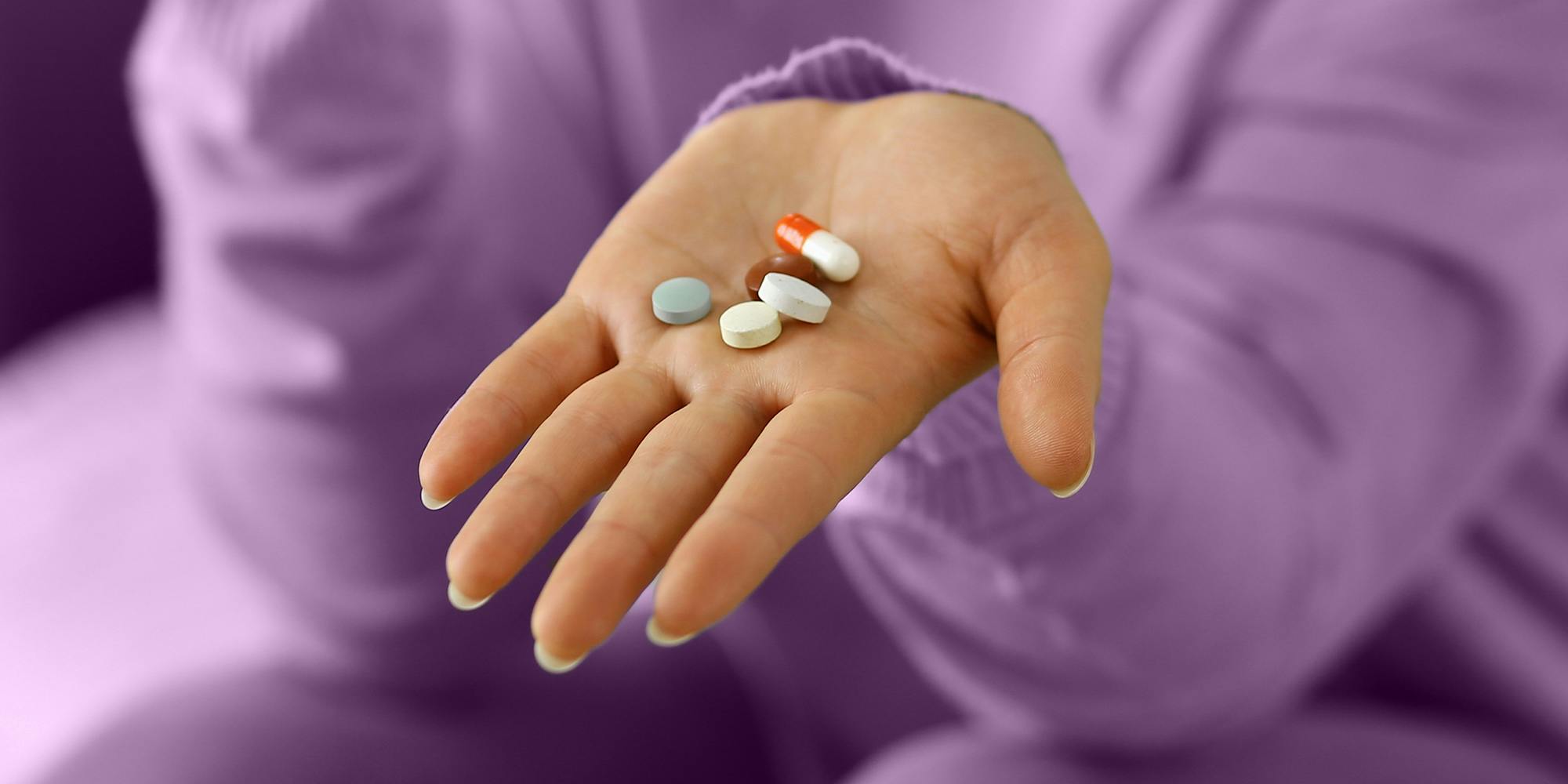
At seven, a spasm of pain shot through my abdomen. I collapsed into the fetal position, willing it to retreat. This spear of agony triggered decades of medical intervention. Doctors tried to unravel my health mysteries. Some of my conditions have yet to be solved.
As I grew older, I collected a host of conditions, including fibromyalgia, localized scleroderma, endometriosis, and irritable bowel disease. Hospital visits became the norm instead of the exception.
When your life is dictated by hospital and doctor’s appointments, it’s hard to keep track of the impact. But, as my burgeoning sexuality fought for release, the effects of lifelong overmedicalization began to crystallize.
What is “overmedicalization”?
Medicalization specifies the process of identifying and treating medical problems using symptoms. Although crucial for diagnosing health issues, it can be traumatic for chronically ill and disabled people. When we are treated as medical curiosities instead of people, the associated feelings aren’t often positive.
On the other hand, overmedicalization is when a patient is subjected to medical practices that have no apparent benefit or are unnecessary.
Throughout two decades of near-constant medical intervention, both concepts dug deep into my psyche and inflicted damage that I am still remedying.
Why was I vulnerable to it?
Anyone can experience overmedicalization. However, chronically ill and disabled people are particularly vulnerable.
I was diagnosed with my first incurable condition at 15. After over a year of invasive testing, I had an answer. Localized scleroderma is a rare autoimmune disease that triggers an overproduction of collagen, resulting in scarring and joint pain.
The local hospital had never seen a case before. I became their medical guinea pig, enduring invasive examinations fully naked and surrounded by male doctors.
When they delivered the diagnosis, I was brought into a room and asked to strip while doctor after doctor entered the room. Sitting braless with only my vagina protected by a pair of hospital underwear, the doctor announced my diagnosis to the room at large, instead of directly to me.
Then, one by one, he invited the doctors to look at my scars. I felt like a test subject in a medical lecture. None of the doctors spoke directly to me, only acknowledging my mum’s presence.
I got a diagnosis, not a relief
I had a name for what I was experiencing. But, an array of unexplained symptoms still marred daily life, including widespread chronic pain, joint subluxations, chronic fatigue, and bowel problems.
Constantly shunted between specialists, I sunk into a dissociative state to cope with invasive ministrations and dehumanizing treatment. By their own admission, the doctors were “shooting in the dark” to identify the cause of my baffling symptoms.
“Overmedicalization of disabled individuals can reduce the treatment options and understanding from professionals as it follows a medical model rather than a social model, which is more patient-centered with holistic options that can support an individual’s disability in multiple ways, not just with medicine,” says U.K.-based sexologist Ness Cooper.
For years, I underwent unnecessary medical exams, from blood tests to MRI scans, X-rays, and biopsies. The climax, which influenced my detachment from medical treatment, peaked during a nerve reaction test.
Before requesting it, the consultant said it was likely unnecessary. Unaware of what it meant, I went ahead. The test involves inserting needles into muscles and running increasingly intense electric shocks through them to measure responsiveness. It was excruciating.
Afterward, I gave up on identifying the root of my undiagnosed symptoms. The trauma of being treated like an object had eroded any lingering trust in traditional medicine. I was done.
Measuring the impact
While my journey with doctors was far from over–an endometriosis diagnosis at age 27 saw to that–an extended break allowed me to recognize the damage overmedicalization had inflicted.
“Overmedicalization of a disabled person’s sexuality can discount the individual’s actual sexuality and even automatically pathologize their sexuality reducing their ability to express their sexuality safely and authentically,” explains Cooper.
As a medical object influenced by the lack of disability representation in the media, I discounted my sexuality. I did not feel like a sexual being, only a curiosity. I felt disconnected from my body and sexual pleasure was a concept that non-stop chronic pain had obliterated.
My sexuality was molded by a woeful misunderstanding of consent and my own autonomy. Combined with a strong dose of “good patient syndrome”, a term coined to describe when patients people please to secure better healthcare… what could I expect?
As doctors took over my life, I realized that acquiescing to their every request and silencing any questions or queries bubbling up in my throat resulted in better treatment.
It also resulted in a warped understanding of consent. I did not know that I had the power to say no, or that doctors should ask before touching my body.
Overmedicalization’s influence was most noticeable in my early sexual explorations. Without an understanding of consent, I became incapable of asserting boundaries or stopping encounters that I did not want.
Then, as I got older, the vulnerability of sex felt so similar to those intense medical examinations, I dissociated during sex. I became a robot, incapable of feeling anything during a physical connection.
Deconstructing and rebuilding
Reckoning with the fallout of overmedicalization began with therapy, where I identified its influences and start untangling the consequences.
My main fix was rewiring consent practices by stripping it back to the basics and teaching myself how to set sexual boundaries.
Building knowledge of the social vs medical model of disability also helped, as Cooper outlines.
“Whilst it shouldn’t be the disabled individual’s job to educate others, having background knowledge in the social model can help when communicating to others why overmedicalization isn’t helpful,” they said. “Understand that if someone does overmedicalize you, you still have autonomy regardless of how that individual sees you and or your medical conditions.”
